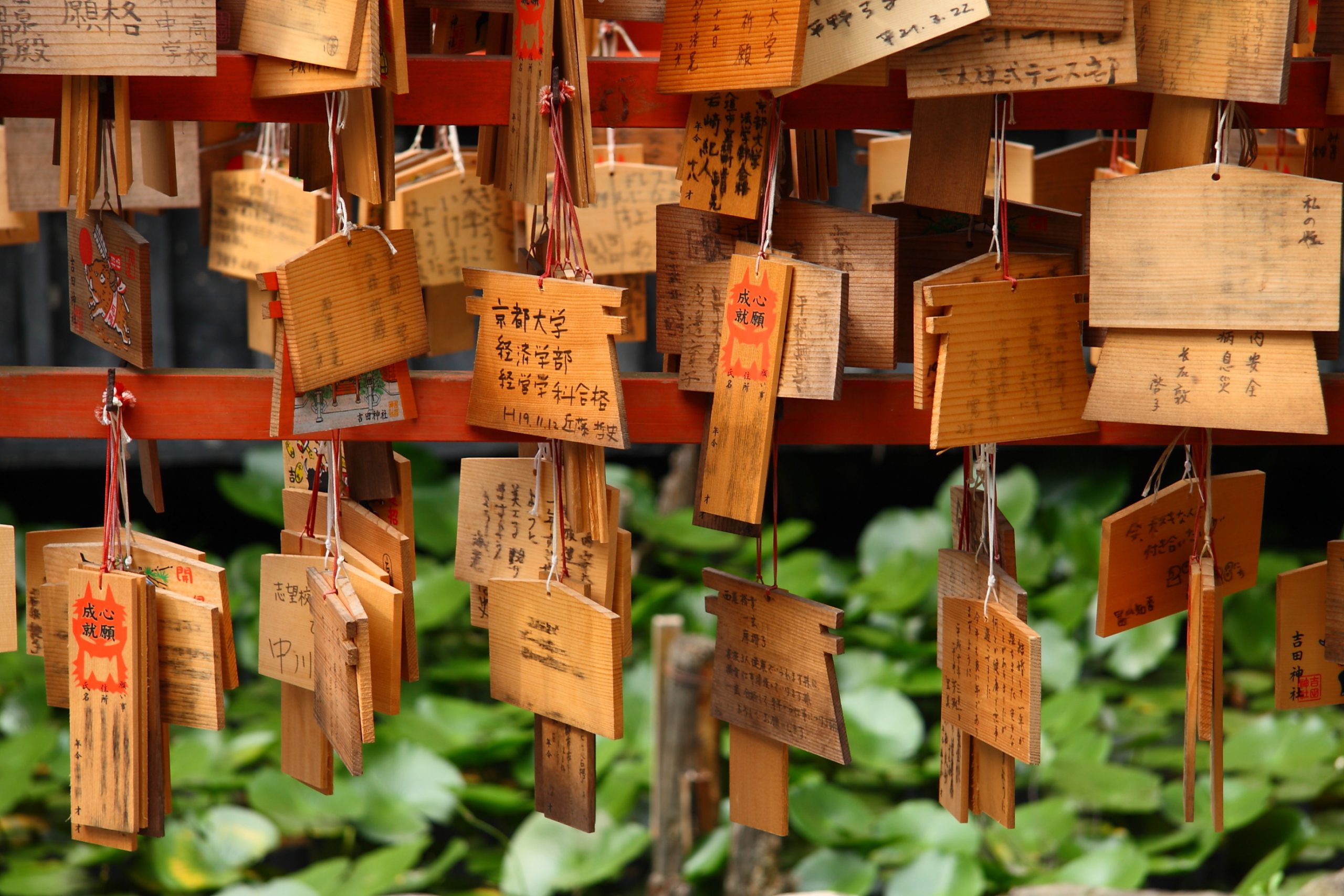

JAPANESE PROVERBS AND THEIR CULTURAL MEANINGS
There are three types of Japanese proverbs (Kotowaza): Yojijukugo, or four-sign idioms; Kanyouku, idioms commonly used by the Japanese; and Iinarawashi, classic, short and often humorous sayings. The Japanese like using proverbs in everyday situations, often viewing them as a way to introduce some humour, relax the atmosphere and put the interlocutor in a good mood. As Japanese culture largely originated in rural settings, many of its common traditions also have rural origin. Over time, folk sayings and customs have become widespread proverbs known by every Japanese. Some were coined in Buddhist monasteries, others were inspired by Chinese philosophy. The vast number of Japanese proverbs offer many kinds of wisdom. There are proverbs about tea, food, death, learning, love, friendship, patience, and life. Many of them refer to Japanese philosophy, culture, nature or women’s behaviour.
Proverbs play an extremely important role in Japanese culture. Passed down from generation to generation, they refer almost to every aspect of life. Some have their equivalents in Europe while others are unique for the specifically Japanese cultural context and their meaning is only clear to the Japanese. There are three types of Japanese proverbs (Kotowaza): Yojijukugo, or four-sign idioms; Kanyouku, idioms commonly used by the Japanese; and Iinarawashi, classic, short and often humorous sayings. The Japanese like using proverbs in everyday situations, often viewing them as a way to introduce some humour, relax the atmosphere and put the interlocutor in a good mood. As Japanese culture largely originated in rural settings, many of its common traditions also have rural origin. Over time, folk sayings and customs have become widespread proverbs known by every Japanese. Some were coined in Buddhist monasteries, others were inspired by Chinese philosophy. The vast number of Japanese proverbs offer many kinds of wisdom. There are proverbs about tea, food, death, learning, love, friendship, patience, and life. Many of them refer to Japanese philosophy, culture, nature or women’s behaviour.
Japanese proverbs about food
Japanese culture has a number of proverbs referring to eating food and drinking alcohol, including proverbs about sake, traditional Japanese dishes and eating customs. The most popular food-related Japanese proverbs include: The bean paste that looks like a bean paste is not a good bean paste; (Miso-no miso-kusai-wa jo-miso-ni arazu). What would be cherry blossoms without sake? (Sake nakute nan-no onore-ga sakura kana); The quick eater does quick work (Haya-meshi-no hito-wa shigoto-ga hayai); The best remedy for a bad hangover is sake. (Futsuka yoi-ni-wa mukae-zake); The first cup, the man drinks sake; the second cup, sake drinks sake; the third cup, sake drinks up the man. (Ippai wa hito sake wo nomi, nihai wa sake sake wo nomi, samnai wa sake hito wo nomu).
Japanese proverbs about life
Many Japanese proverbs directly refer to life in general. They may express traditional principles, hand out general advice or present metaphorical and cryptic riddles, but they always reflect the Japanese context. The most popular proverbs of this kind include: Keep away from that which may harm you (Sawaranu kami-ni tatari nashi); The robe alone does not make a Buddhist monk (Koromo bakari-de osho-wa dekinu); Everyone has a superior above them and an inferior about them (Shita-ni-wa shita-ga aru. Ue-ni-wa ue-ga aru). The list of Japanese proverbs could go on and on. Japanese people use them to convey, in a metaphorical manner, old principles, wisdom passed down from generation to generation and life truths that are the experience of every generation, in every time. Anyone planning to visit Japan or even slightly interested in Japanese culture will certainly find a welth of information about its people in Japanese proverbs.


















